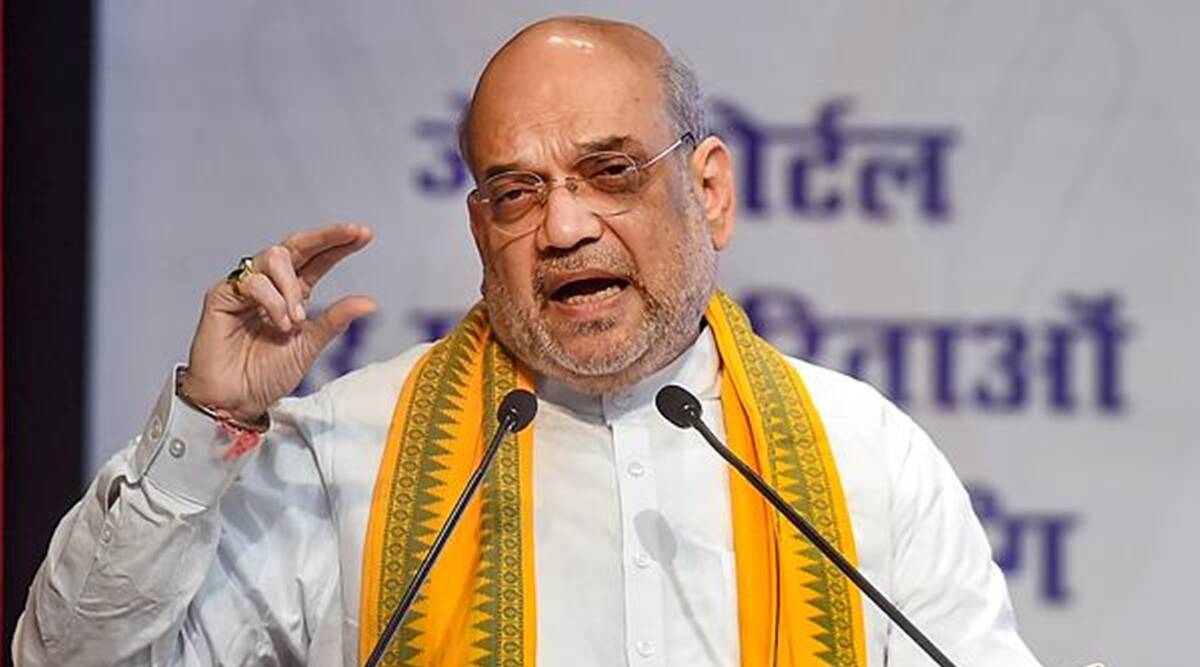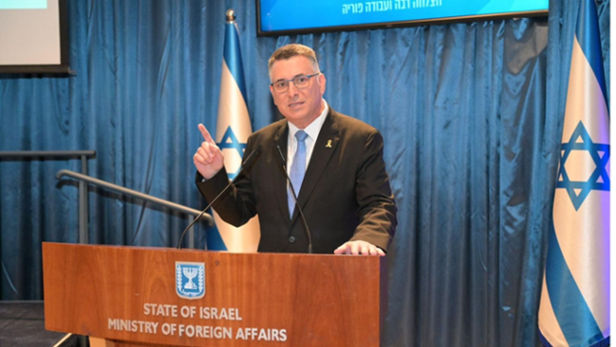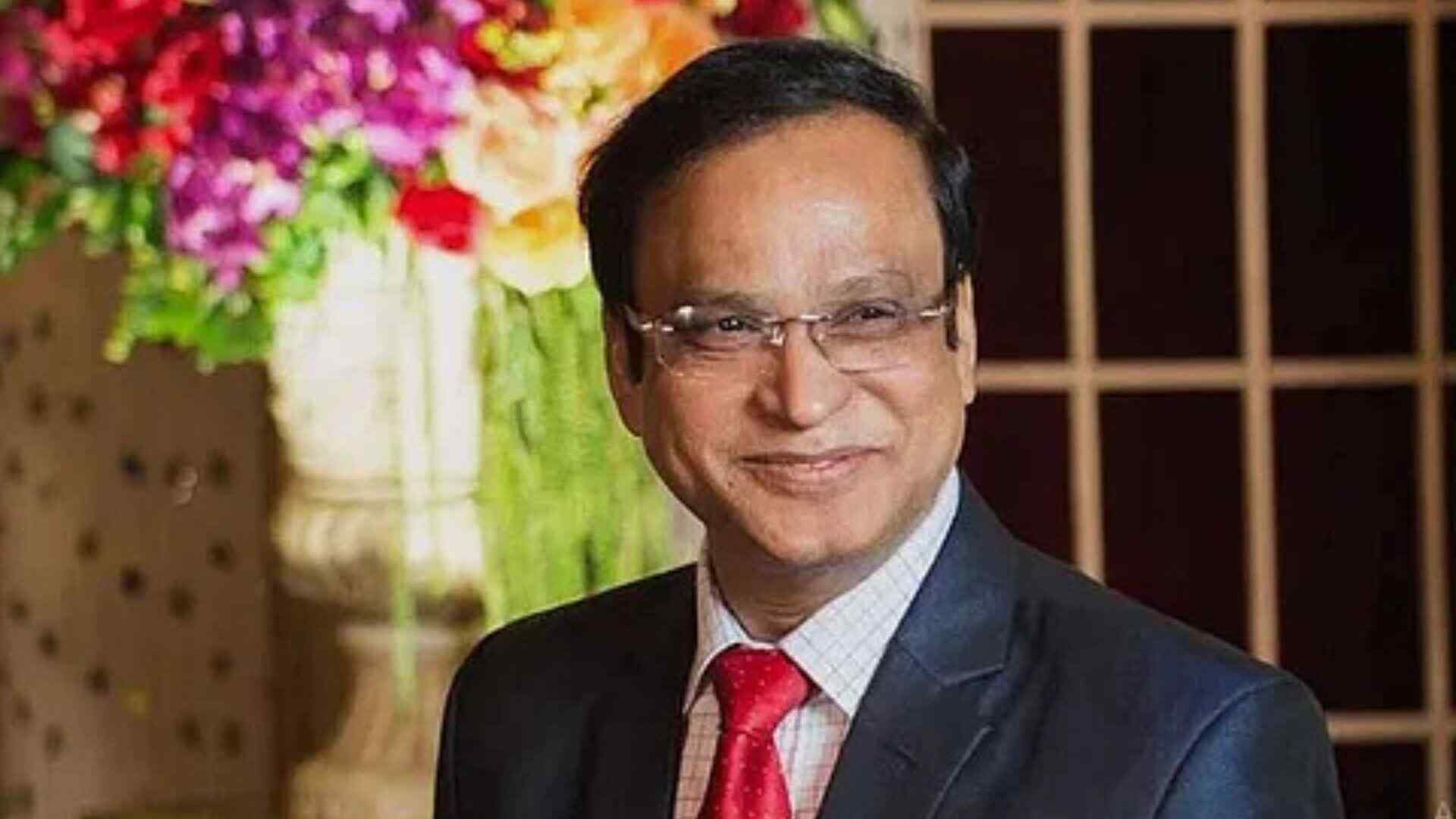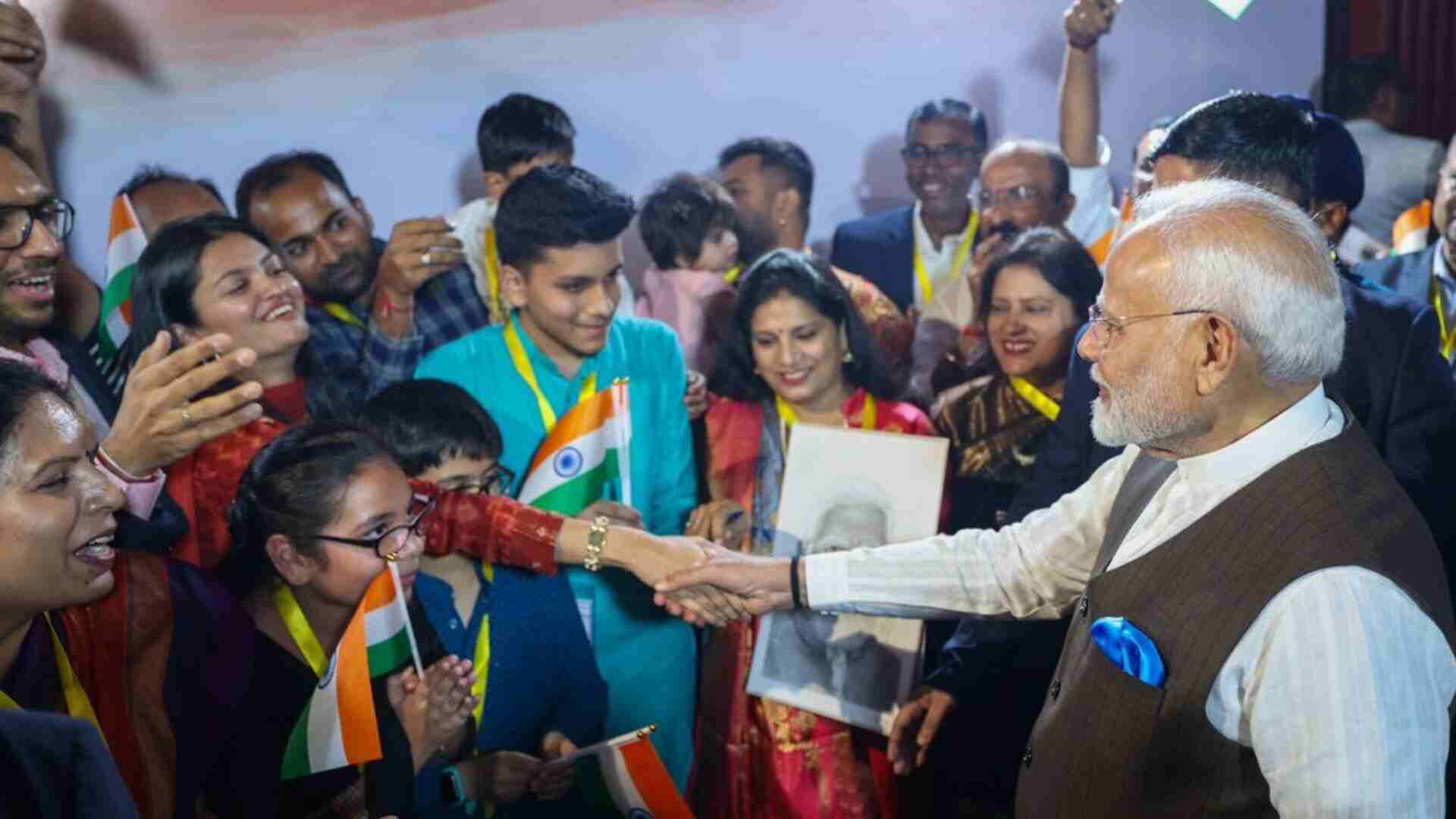
While addressing a rally at Baramulla, Union Home Minister Amit Shah categorically ruled out holding talks with Pakistan. “Some people say we should talk to Pakistan. Why should we talk to Pakistan? We will not talk. We would rather talk to Gujjars, Paharis and the youth of Kashmir,” HM Shah said. He further said that they (Pakistan) have spread terrorism here. The Home Minister’s statement, in fact, highlighted India’s firm position that it has no plan whatsoever to resume dialogue with Pakistan. What is clear now is that since Pakistan continues to sponsor terrorism and provide safe haven to terror outfits, New Delhi is not going to talk to Islamabad under such circumstances. Amit Shah’s remarks rejecting talks with Pakistan come as a clear message for Prime Minister Shehbaz Sharif who has been so keen to resume dialogue process with India, regardless of the fact that his government in Islamabad is hardly able to rein in terror groups which continue to export terrorists to Kashmir. There are enough evidences to prove cross-border terrorism from Pakistan and Islamabad’s support to anti-India terror groups like Lashkar-e-Taiba and Jaish-e-Mohammed. The Indian home ministry has enough evidence to expose Pakistan’s backing to terror outfits under the watch of the Sharif government. So, how can India resume talks with Pakistan amid the growing terrorism from the latter’s soil?
After taking over as PM of Pakistan, Shehbaz had written to Prime Minister Narendra Modi, seeking “peaceful and cooperative” ties with India. He had said that this can be achieved through meaningful dialogue. But, PM Modi rightly raised the issue of terror calling for “an environment free of terror and violence” which would allow “us to focus our attention on the development and progress of our people”. This way, PM Modi gave the message that terror and talks cannot go together. This is exactly what Shah has underlined during his Baramulla rally, given the substantial evidence, which his ministry is in possession of that expose Pakistan’s terror connections.
Meanwhile, Shah’s statement that he would like to talk to the people of Jammu and Kashmir instead of talking to Pakistan must have given jitters to Shehbaz Sharif. Shah’s plan on massive outreach to the people in Jammu and Kashmir cannot go down well with the regime in Islamabad which keeps conspiring to misguide and mislead the youths of the Valley to serve its anti-India agenda. Undeniably, the Modi government’s increased connection with people in Jammu and Kashmir will be a setback for Sharif’s agenda to internationalise the Kashmir issue at the various global forums. On a number of occasions, the Pakistan PM tried to raise the Kashmir issue at the United Nations. But every time he ended up being admonished by the Indian side. Recently, Sharif raked up the Kashmir issue at the 77th session of the UNGA. His conduct invited Indian envoy’s sharp reaction, slamming Pakistan for sheltering terrorists behind the horrific 26/11 Mumbai attack.
That India’s perception about Pakistan as a terror exporting country continues to be unchanged was made clear by External Affairs Minister S. Jaishanakar recently. EAM drew a comparison between India’s IT (Information Technology) industry with that of the IT (international terrorism) industry of the “neighbouring” country. Jaishankar said just as India is an expert in information technology, “our neighbour is an expert in international terrorism”. Jaishankar’s strong remarks came just hours before Shah’s Baramulla terse statement in what should be viewed as a clear message to Pakistan that India has no plan to resume dialogue with it. The condition that Pakistan must take credible action against terrorists operating from its soil remains unfulfilled. And, this is the clear message given by the Indian ministers not only to the Sharif regime but also to the entire global community that must step up pressure on Pakistan asking it to act against terrorists. So, no end to terrorism means no dialogue with Pakistan.
T. BRAJESH















